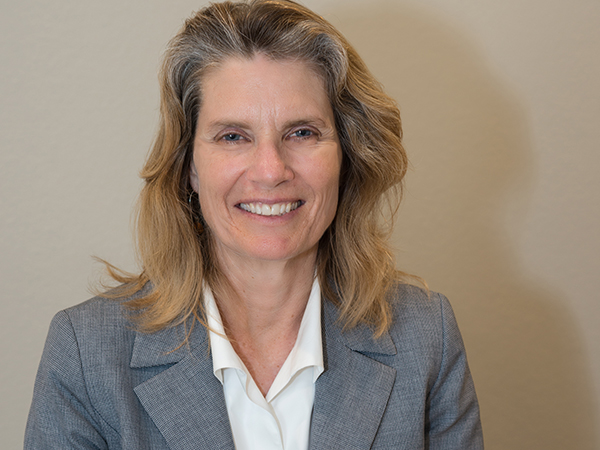By Lisa Brabo, Executive Director
with input from Carol Morgan, FSA School Services Supervisor
Suicide is a difficult thing to discuss. The darkest of moments brought on by depression, pain, hopelessness, or considering oneself a burden—are hard to think about, let alone talk about.
But it’s a conversation we must have. Unfortunately, more and more of our young people are feeling overwhelmed by powerful emotions such as loneliness, shame, anguish, and unbearable hurt that can fuel thoughts of self-harm. According to the California Healthy Kids Survey, 14% of Santa Barbara County 9th-graders reported suicidal ideation in 2016-17.
The global suicide rate is staggering. Close to 800,000 people commit suicide every year. This means that suicide claims more lives than all of the wars and all of the crime in the world combined. And for each reported suicide, there are an additional 60 attempts and another 278 people who seriously consider it, according to the CDC.
It is up to us to help stop this epidemic. As a community, we must be proactive, not reactive. Unfortunately, those among us who are suffering often hide their pain. Cloaked in emotional isolation, they may misguidedly view suicide as a solution to their hopelessness, perceived burdensomeness, and unrelenting psychological pain.
It is up to us to proactively seek out and help those who are suffering. As a community, we can promote messages and programs that encourage us to speak about our difficulties and gratefully accept the mental health support needed to address the pain, especially the overwhelming pain of our community’s young people.
A fine example of being proactive occurred this past January. Santa Barbara Unified School District, led by the efforts of the Assistant Superintendent, Dr. Frann Wageneck, launched the S.O.S.: Signs of Suicide® Prevention Program on its secondary school campuses. Students participated in this program with the permission of their parents or guardians. S.O.S. teaches students that suicide is preventable and encourages the entire school community to act with concern and swiftness when they notice signs of depression or suicide in another. As part of S.O.S., students participate in a brief screening for depression and suicidal behavior. Those determined to be at-risk meet with an on-campus mental health professional who can conduct a more thorough assessment and help the student identify and strengthen their support system and coping skills. Students who are not identified as at-risk can also request to meet with a mental health professional.
S.O.S. emboldens students to talk about suicide and respond with love and support to those experiencing suicidal thoughts.
Suicide warning signs include, but are not limited to: feeling trapped; increased use of alcohol or drugs; feeling like a burden; loss of interest in favorite activities (“Nothing matters”); suicidal thoughts, plans, or actions; sudden mood changes, even for the better; giving up on oneself; taking risks; disturbed sleep; anxiety; agitation; withdrawing from friends and family; extreme self-loathing; feeling like an outsider; hopelessness; and rage.
As one of the groups involved in this program last year, Family Service Agency (FSA) school-based counselors saw an outpouring of love and support. Students were empowered to seek help and share suicidal thoughts that they had been unable to express before the program. FSA’s counselors, school staff, and community mental health professionals listened to these brave students. We helped them create plans to stay safe and connected them with additional mental health supports. These students were received with love and compassion, and they discovered that school is a safe place to talk about the challenges they are experiencing.
Santa Barbara Unified is continuing the S.O.S. program during the 2018-19 school year. Full-time counselors from FSA are now located at every secondary school in the district and are part of the mental health team that will support S.O.S. Counselors are available to meet with referred—and self-referred—students at any point during the school year to provide mental health screenings and treatment recommendations, such as on-campus group and individual counseling or community-based services.
School administrators coordinate the mental health referrals at their respective schools and work collaboratively with FSA to identify and support students who need or request help with emotional, social, or behavioral concerns. This district-wide effort is dedicated to improving students’ mental health and responding with love, hope, and strength to reduce the alarming rate of teen suicide.
We must all do our part to reduce the stigma of mental health treatment and encourage mental wellness in our community. Together, we can do this!
If you know of someone who may be suffering, please help them connect with mental health resources. Call 211 for a list of available mental health services or speak to your school administrator about school-based resources.


